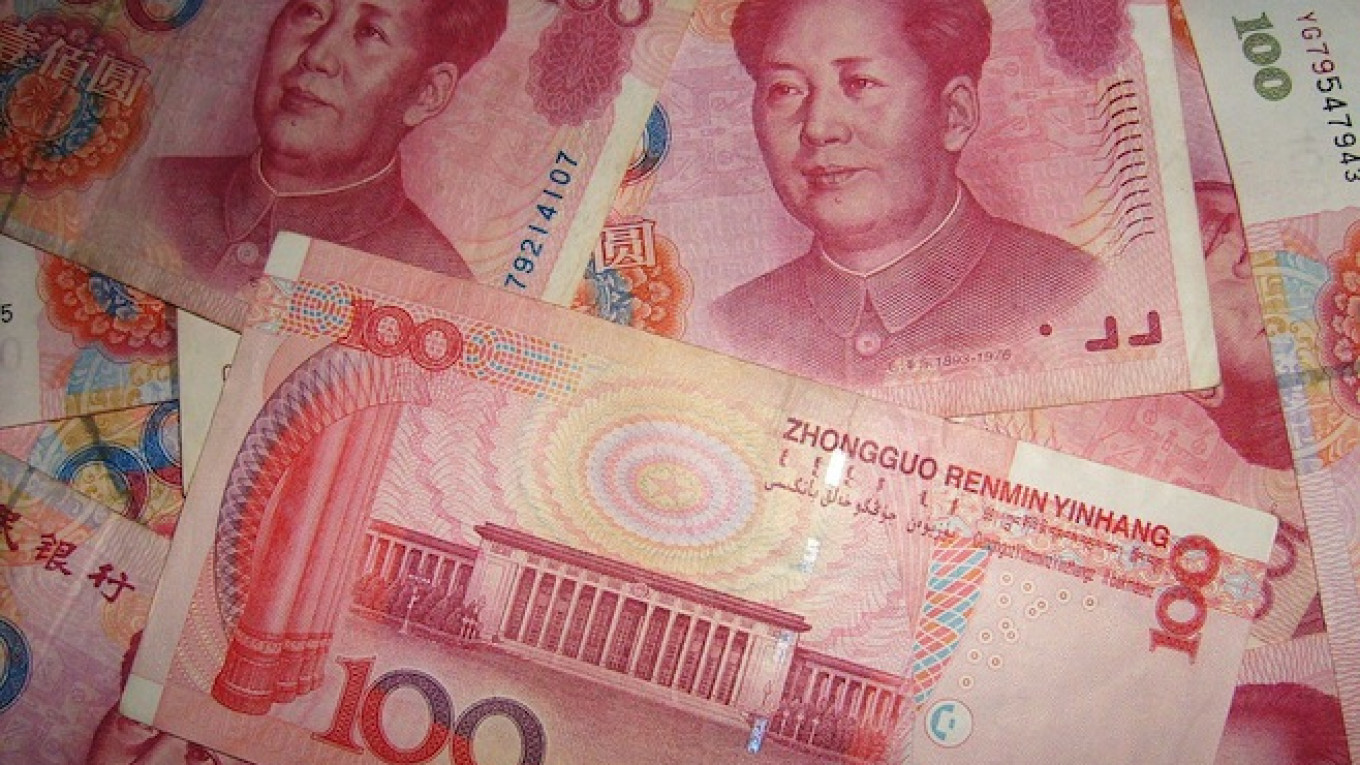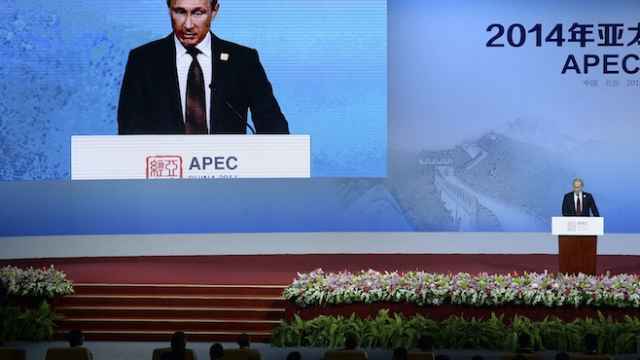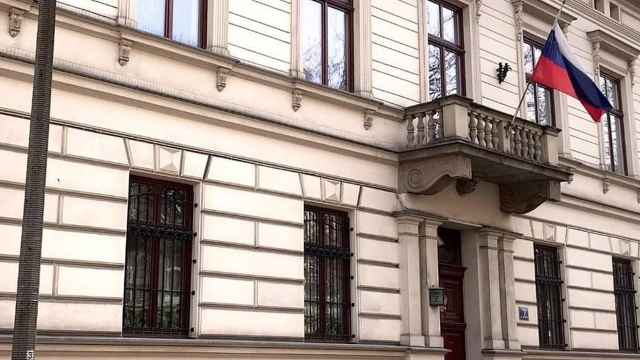Russia's largest lender, state-owned Sberbank, said Monday that it was the first Russian bank to issue letters of credit denominated in China's yuan currency as economic ties between Beijing and Moscow tighten.
The letters of credit were "issued on the instruction of a major corporate client," Sberbank said in a press release.
Sberbank may however not have broken new ground: VTB, another Russian state-owned bank, announced its first Yuan-denominated letter of credit in 2010.
With the Ukraine crisis wrecking Russia's relations with the United States and the European Union, Moscow has been looking to boost commercial and financial links with Asian countries, particularly China.
"We are seeing growth in Russian companies' interest in settlements using national currencies, in particular Chinese yuan and, of course, Russian rubles," said Andrei Ivanov, head of Sberbank CIB's trade finance and correspondence relations department.
A letter of credit is a document issued by a bank to guarantee payment on an exchange of goods.
Sberbank's announcement is the latest sign of the growing popularity of transactions in yuan.
The turnover of ruble-yuan currency trades on the Moscow Exchange increased rapidly this year, rising 80 percent month-on-month in October to a historical high of 83.5 billion rubles ($1.8 billion).
China and Russia signed a currency swap deal worth $24.5 billion during the visit of Chinese Premier Li Keqiang to Moscow last month.
Russia is also reportedly considering accepting yuan payments for natural gas pumped to China under a 30-year supply deal worth $400 billion that Moscow and Beijing signed earlier this year.
This article has been updated to include information about VTB's Yuan-denominated letter of credit issue in 2010.
A Message from The Moscow Times:
Dear readers,
We are facing unprecedented challenges. Russia's Prosecutor General's Office has designated The Moscow Times as an "undesirable" organization, criminalizing our work and putting our staff at risk of prosecution. This follows our earlier unjust labeling as a "foreign agent."
These actions are direct attempts to silence independent journalism in Russia. The authorities claim our work "discredits the decisions of the Russian leadership." We see things differently: we strive to provide accurate, unbiased reporting on Russia.
We, the journalists of The Moscow Times, refuse to be silenced. But to continue our work, we need your help.
Your support, no matter how small, makes a world of difference. If you can, please support us monthly starting from just $2. It's quick to set up, and every contribution makes a significant impact.
By supporting The Moscow Times, you're defending open, independent journalism in the face of repression. Thank you for standing with us.
Remind me later.






